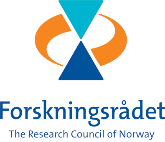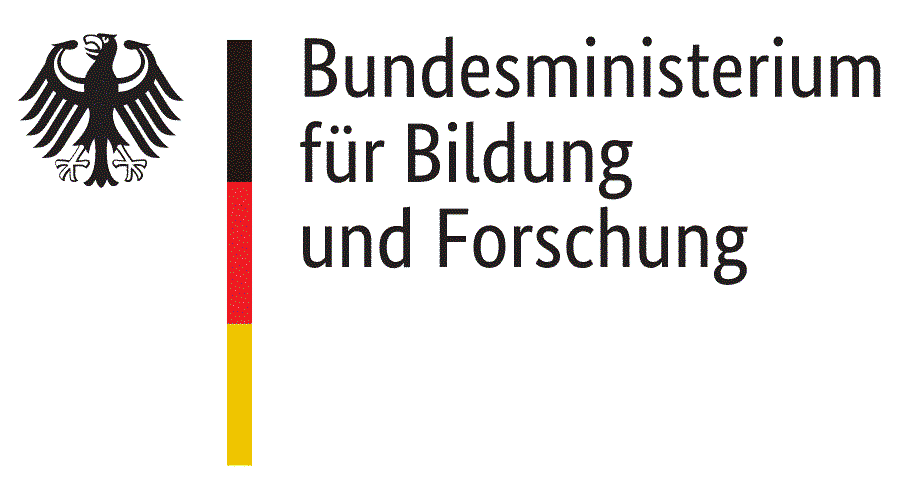CLL-CLUE: Information to patients and patient organizations
CLL-CLUE is an EU-funded consortium of researchers and clinicians from six countries in Europe (Norway, Denmark, Finland, Germany, Switzerland, Romania). The consortium partners work together on research projects where the overall aim is to improve the treatment of patients with a type of blood cancer – chronic lymphocytic leukemia (CLL).
CLL is the most common form of leukemia in Europe and other western countries. The median age at diagnosis is 72 years. How the disease develops varies greatly from patient to patient. Some patients may never need treatment, as it is recommended not to start therapy until the disease becomes symptomatic. However, other patients may have a more severe disease with short time to treatment.
New, effective therapies
Over the last years, the understanding of CLL has greatly advanced, which has led to the development of novel, effective therapies. These targeted therapies have revolutionized the treatment of CLL. However, some patients develop treatment resistance, experience severe side effects, or relapse during treatment. To prevent ineffective treatment and side effects, there is an unmet clinical need to tailor the treatment to each patient’s disease. CLL-CLUE will work towards this goal by identifying features of the CLL cells and the patients that can predict the effect of a given therapy.
We have collected CLL samples from patients who received treatment on clinical trials and for whom the treatment outcomes are known. By studying the patient blood samples that had been collected before the treatments were initiated, we hope to identify biological markers, also known as biomarkers (characteristics of the disease) that are associated with treatment outcome. These biomarkers will then be used to guide treatment choice for other patients in a prospective clinical trial. In addition to laboratory-based biomarkers, routine data about patients collected as part of the clinical trials will also be studied to develop new biomarkers based on those data.
Many positive perspectives
We expect that this approach to personalized medicine will lead to significantly increased treatment efficacy, individualization of therapy, reduced drug use and side effects. In addition, reduced consumption of drugs and cost-effective outcomes will lower financial stress that health care providers and patients experience.
Data from two of the clinical trials included in CLL-CLUE were presented at the ASH 2021 scientific meeting, held in Atlanta, USA, in December 2021:
Eichhorst et al., A Randomized Phase III Study of Venetoclax-Based Time-Limited Combination Treatments (RVe, GVe, GIVe) Vs Standard Chemoimmunotherapy (CIT: FCR/BR) in Frontline Chronic Lymphocytic Leukemia (CLL) of Fit Patients: First Co-Primary Endpoint Analysis of the International Intergroup GAIA (CLL13) Trial
Fürstenau, Nieman, Eichhorst et al., High Resolution Assessment of Minimal Residual Disease (MRD) By Next-Generation Sequencing (NGS) and High-Sensitivity Flow Cytometry (hsFCM) in the Phase 3 GAIA (CLL13) Trial
Niemann et al., Time-Limited Venetoclax and Ibrutinib for Patients with Relapsed/Refractory Chronic Lymphocytic Leukemia (R/R CLL) Who Have Undetectable MRD – Primary Analysis from the Randomized Phase II Vision HO141 Trial
 | Please follow us on @CLL_CLUE! |






